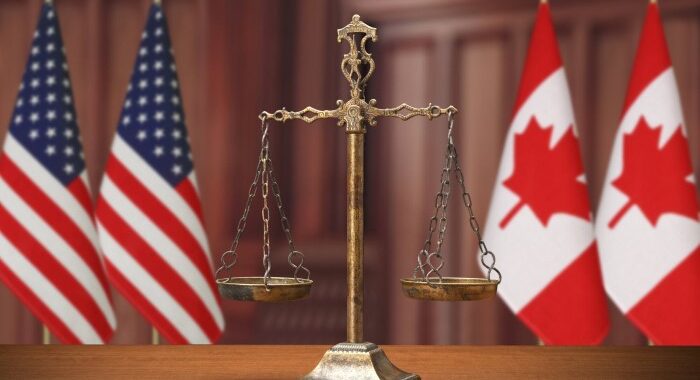What Are the Different Types of Personal Harassment Lawyers?

Personal Harassment Lawyers help people who have been the victims of workplace sexual harassment and other types of discrimination based on gender, race, ethnicity, age or any other basis. There are two categories under the federal law, these are quid-pro-quo (or cash-for-equity) and anti-discrimination laws.
In personal cases, the law covers a range of behavior that may include invasion of personal privacy, sexual orientation, age or religious and moral belief. The law also covers discrimination in terms of physical and/or sexual advances, requests for sexual favors, and requiring a person to submit to a sexual act. Some examples of these types of situations are:
Personal Harassment Lawyers
Lawyers can help their clients interpret legal documents, determine if their situation qualifies under the law, gather documents and records that must be produced during litigation, and if so negotiating with the opponent. They are knowledgeable about sexual harassment laws, employment law, discrimination laws, and common employer-employee relations policies.
In other words, they are skilled in handling legal issues that may affect the client in his work place, at home, in the school or college, and in social settings. Most law firms offer free consultation to potential clients and do not charge for this. However, some law firms may charge a minimal fee to cover costs.
Personal attorneys provide personal service to their clients, dealing with issues and problems affecting their private lives.
It is important for people who have experienced any type of harassment or observed anyone doing so to seek legal counsel promptly. Attorneys are not only knowledgeable about the law; they will be able to assess the extent of the problem and determine the appropriate steps to take.
Most law firms have a staff attorney and staff attorneys.
Some work exclusively; others are part of a larger law firm that focuses on a variety of areas of the law. Attorneys who specialize in sexual harassment will have strong experience in this area. The attorney will assess the situation and discuss the best course of action for representing his or her client. He will ask for information from his client and then make a decision as to whether he will retain the attorney or not.
Attorneys may also represent corporations or businesses.
Corporate cases may involve allegations of discrimination based on gender, race, age, religion, or national origin. Sometimes, businesses may try to avoid being sued by filing counter-suits. Attorneys who are knowledgeable in these lawsuits may be able to help the client negotiate a settlement that is fair and adequate. These lawyers should also have extensive experience dealing with the local regulatory bodies that govern various industries.
It can be difficult to choose an attorney to defend you in a personal harassment case.
It is important to thoroughly check out all potential candidates. There may be negative stereotypes in terms of the firm’s record of winning cases and litigating cases that have enriched the society. The client must also evaluate the fees that are being charged.
Law firms that are willing to take the time to truly understand the case and the legal situation may be more willing to take it to court if necessary. A good lawyer will be willing to ask probing questions of his client and will not hesitate to get the case settled if the outcome is not satisfactory.

 Voluntary Disclosure in Canada: What Are Its Salient Features?
Voluntary Disclosure in Canada: What Are Its Salient Features?  Inappropriate Touch During a Massage: What to Do and Your Legal Rights
Inappropriate Touch During a Massage: What to Do and Your Legal Rights  Understanding the Difference Between American and Canadian Law Systems
Understanding the Difference Between American and Canadian Law Systems  Common Process Service Mistakes and Ways to Avoid Them
Common Process Service Mistakes and Ways to Avoid Them  Officer LaPointe Pasco County Lawsuit: An In-Depth Overview
Officer LaPointe Pasco County Lawsuit: An In-Depth Overview  What to Do When a Loved One is Arrested
What to Do When a Loved One is Arrested  Motorcycle Accident Investigation: What to Expect from Your Lawyer
Motorcycle Accident Investigation: What to Expect from Your Lawyer  Know Your Rights: A Legal Guide to Abuse Laws in India
Know Your Rights: A Legal Guide to Abuse Laws in India  NIO Class Action Lawsuit
NIO Class Action Lawsuit